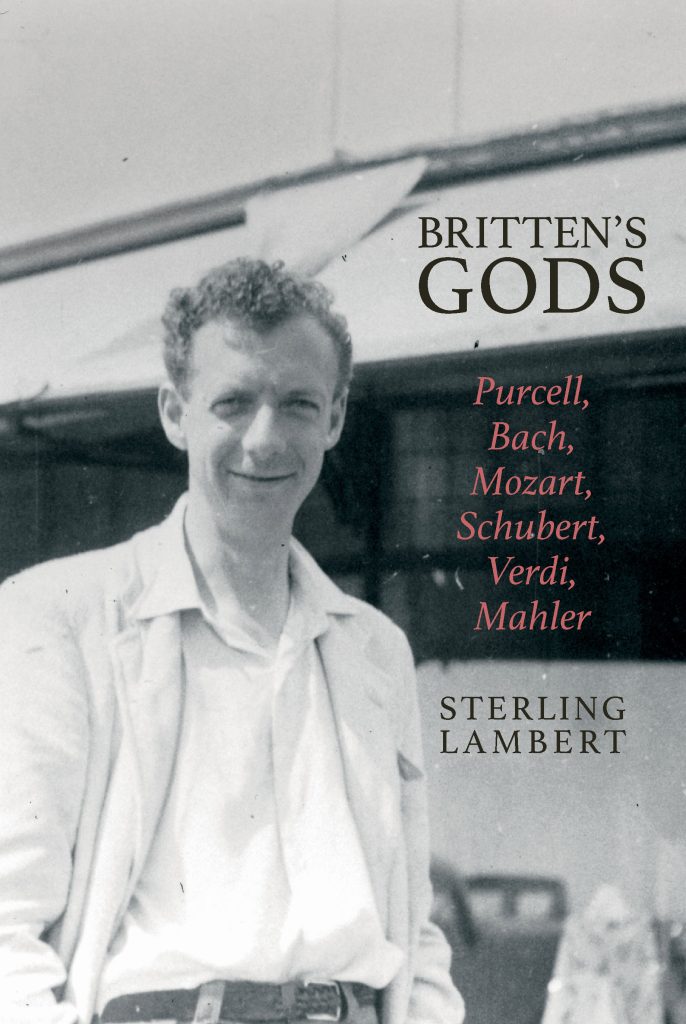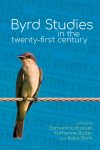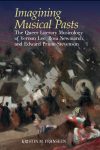Britten’s Gods
Purcell, Bach, Mozart, Schubert, Verdi, Mahler
Sterling Lambert
In his views on the music of other composers, Benjamin Britten had strong preferences, and his particularly active life as a performer meant that these preferences were often expressed in his programming choices, in particular for his own Aldeburgh Festival. Four composers in particular (Purcell, Bach, Mozart, and Schubert) received special attention and two others (Verdi and Mahler) received as much as possible given the limitations of resources at the Festival.
He also showed his admiration for these composers in the way in which he allowed these programmed works to influence his own compositions. This book frames discussion of each composer and his influence around the relationship between a particular work by Britten and a particular one by the composer concerned that was performed by Britten at approximately the same time.
Thus, Britten’s Second String Quartet (1945) is compared with Purcell’s Chacony in G minor. The chamber operas The Rape of Lucretia (1946) and Albert Herring (1947) owe much to Verdi’s Otello and Falstaff. The song cycle Winter Words (1953) relates to Schubert’s Winterreise. War Requiem (1962) is influenced by Bach’s two Passions. Night Piece for piano (1963) connects to the second “Nachtmusik” from Mahler’s Seventh Symphony. Finally, parallels exist between the opera Death in Venice (1973) and Mozart’s Idomeneo.
About the Author
Sterling Lambert was born and raised in the United Kingdom, completing a BA and MPhil in music at Cambridge University before moving to the United States and completing a PhD in music history at Yale University. After brief teaching engagements at Tufts and Harvard Universities, he is currently Professor of Music at St. Mary’s College of Maryland, serving as Chair of the new Performing Arts Department Music Program and teaching music history and theory. In addition to Britten's Gods, he has conducted recent research on the relationship between Britten’s first and last operas, as well as his attitude to nuclear warfare as expressed through his music.
 Purchase from Liverpool UP
Purchase from Liverpool UP
Details
Pages: 304 pages
Published: June 2024
Formats
Hardback
ISBN: 978-1-63804-068-2
eBook
ISBN: 978-1-63804-069-9
Subjects
MusicSeries
Studies in British Musical Cultures





